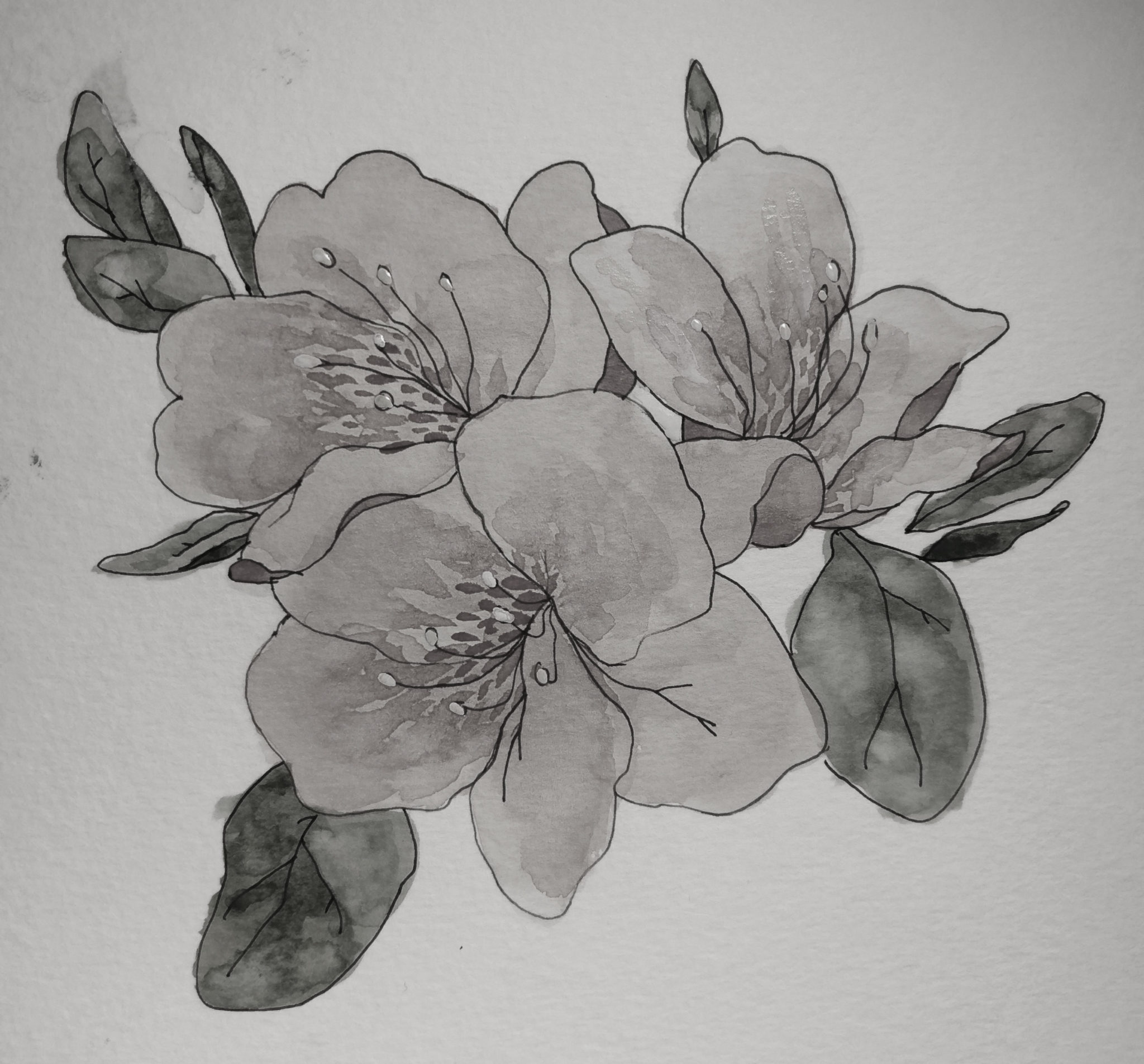
Lesbian love affairs and anti-Communist motifs animate Anchee Min’s novel, “Red Azalea,” which was banned in China shortly after its publication in 1994. A celebrated memoir, “Red Azalea” tells the true story of the author’s life growing up in the last twilight of Mao’s China before she escaped to the U.S., revealing her uncensored version of the hushed-up Cultural Revolution and its aftermath. The novel takes readers through her early childhood experiences to her years assigned to working for the Communist Party in a farm and later to her recruitment to star in Jiang Qing’s (Mao’s wife who was later denounced by Mao) autobiographical film, titled “Red Azalea.” To this day, the book’s message remains as significant as it was a decade ago, as freedom of speech, censorship and government transparency continue to be hot-button issues not only in China but also around the globe.
Min explores the disturbing dangers of brainwashing and propaganda in her novel by revealing her own experiences. In an elementary school incident she still regrets, Min — who was praised as a child for her writing ability — is called upon by her school’s party secretary to publicly testify that one of her favorite teachers is a Communist spy, a claim that would lead to dire consequences for the teacher. Though she recalls her teacher “had looked at [her] with joy” when Min won her first mathematics competition and “when [she] was ill, [her teacher] had looked at [her] with sympathy and love,” in the deciding moment, Min describes feeling “so scared” and deciding she “must fight against anyone who dared to oppose Mao’s teaching.”
Historically, under propaganda movements and oppressive governments, children have often been used as tools to further government agendas, and Min accurately depicts the process of how children are manipulated and the severe results that follow. From denouncing her loved ones to almost devoting her innocence and adult life to a single political leader, Min emotionally draws from her memory, highlighting how the youth are especially entrapped in political tug of wars.
Although Mao’s Communist China is a bygone era, Min’s experiences still stimulate us to ask how education systems worldwide affect their children. Whatever the government writes into curricula shapes the young minds of our world and thus the next generation of citizens and leaders. Min, in her book’s opening lines, paints a haunting direction of the path she might have taken.
“I was raised on the teachings of Mao and on the operas of Madam Mao … I became a leader of the Little Red Guards in elementary school. This was during the Great Proletarian Cultural Revolution when red was my color,” Min writes.
The teachings and values ingrained within Min’s youth warn us of the possible pitfalls of agenda-minded education — where politics become the identity of children, where even adolescents are willing to turn against their own for power.
Min’s portrait of the Cultural Revolution proves that individuality — even in the most private sense — is washed away in a society where even one’s body does not belong to the self.
Discovering one’s sexuality under the repressive regime of Communist China and exploring one’s passions was implicitly forbidden. In “Red Azalea,” Min turns sex and romance into a political act, a way to privately rebel against the brainwashing engrained from childhood by the government. Min details two love affairs, the first with another woman, Yan, her camp commander in the labor field she was sent to, another with her supervisor during the filming of “Red Azalea,” a likely reason why her novel was banned.
In an era when upstanding citizens were meant to view sex as a purely mechanical, necessary act, the longing that Min felt is one of her first counterrevolutionary acts, especially since this longing is for another woman. She explains how she “adored [Yan’s] shyness because no one else would think that she could be shy. Her intimacy belonged to me.” These personal emotions become entirely political as Min’s desires no longer belong solely to the Party — they belong to another individual. When Yan and Min explore each other’s bodies under the cover of night, sexual expression is almost reminiscent of its depiction in George Orwell’s “1984,” whose protagonist, Winston Smith, describes sex as a rebellious statement.
“Red Azalea” packs a powerful rendering of how manipulation, political propaganda and sexuality intersect in the decades of the Chinese Cultural Revolution while warning us of the pitfalls of those same forces in our modern global society.
Allison Chen | allison.chen@yale.edu .







